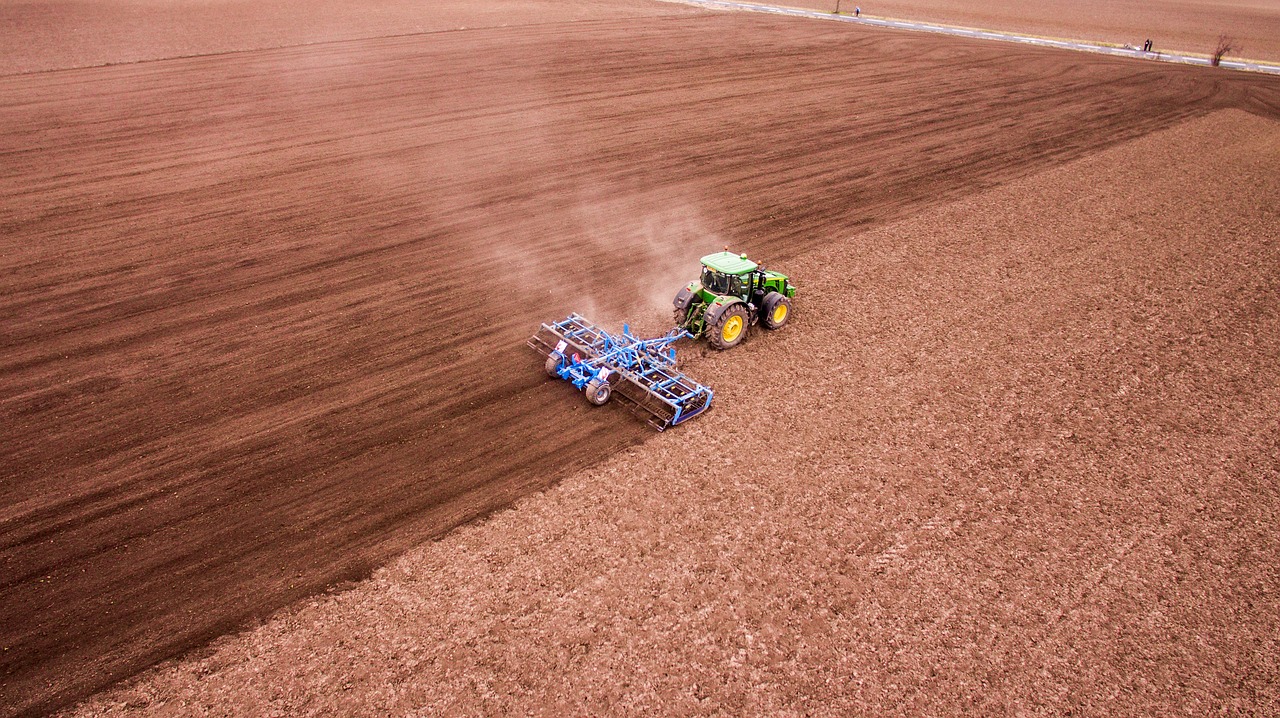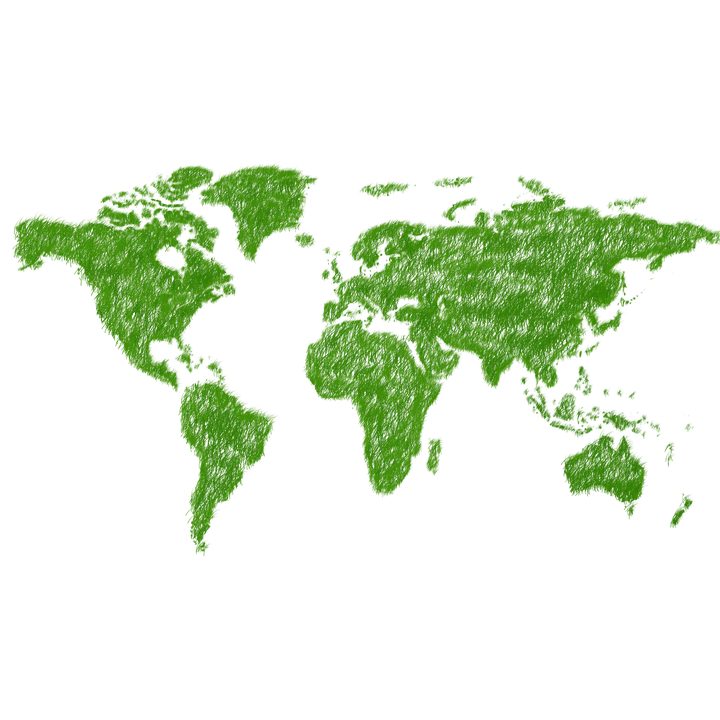Does the green economy create jobs ?
According to the latest study conducted and published by the International Labor Organization (ILO), the green economy would be job-creating… And not only a little because it could make work 24 million people in the world, before 2030 The fight to limit global warming, the transition to sustainable agriculture, recycling… are therefore possible solutions to compensate and create jobs while promoting a more environmentally friendly economy. But what is it really ? An analysis of this new study is needed to better understand the challenge of the green economy on job creation around the world.

Does the green economy really create jobs ?
According to the findings of the new report of the International Labor Organization, green economy policies could create around 40 million jobs worldwide and in various sectors. But what do we mean by “green economy” ? The definition is broad : according to the United Nations Environment Program (UNEP), the green economy concerns all economic activities that lead to “an improvement in human well-being and social equity while reducing significantly environmental risks and the scarcity of resources“. Thus, it consists of 6 main sectors : renewable energy, green building, means of transport, water management, waste management and spatial planning.
Currently, the green economy represents nearly 4 million jobs in France, most of them in the production and distribution of energy and water, in sanitation and waste treatment. Of these 4 million assets, only 75,000 work in the agriculture sector. If the green economy were to develop further, it could create 2 million jobs in Europe. Another study conducted by the National Observatory of Jobs and Trades in the Green Economy (Onemev) in 2017 highlighted the dynamics of employment generated by the green economy in the primary sector. Jobs would be more numerous and often of better quality (currently, 89% of jobs in the “green” are on permanent contracts), especially in medium and large organic farms. But the consequences of this change would not be the same for everyone…
Unequal job creations
According to the ILO, a more respectful agriculture would lead in parallel to the elimination of 120 million jobs worldwide because, among other things, the abandonment of intensive agriculture in developing countries.

Net job creation would be concentrated in developed and industrialized countries (America, Asia, the Pacific and Europe) and would severely impact the Middle East and Africa, which are largely dependent on fossil fuels and mines. For the trend to be reversed and to ensure that the green economy is profitable in these regions, it would be wise for them to review their political actions and consider the reality of environmental challenges.
Much more than a development of the world of work, the green economy also responds to the urgency of the transition towards a sustainable environment and the climate reality. Fighting climate change, in addition to creating 24 million jobs worldwide, would above all minimize the negative impact of human activities on the planet.





OK. Now for some math. Create 40 million jobs. Immediately? Over how many years? Reduce farming jobs by 120 million. Over time? Immediately? Now I figure that on any time scale, 80 million will go without a job to feed themselves and their families on a greatly reduced sources of food due to reduced farming. Sounds like a win win for reducing the world population by millions more every year. Then there is the fun of food riots, marauders looking for food and lots of local wars. Maybe you could increase the decrease in population by having people climb up the windmills and jumping off, messy, but effective. I think birth control spread out over a reasonable time would make life a lot easier on all of us.